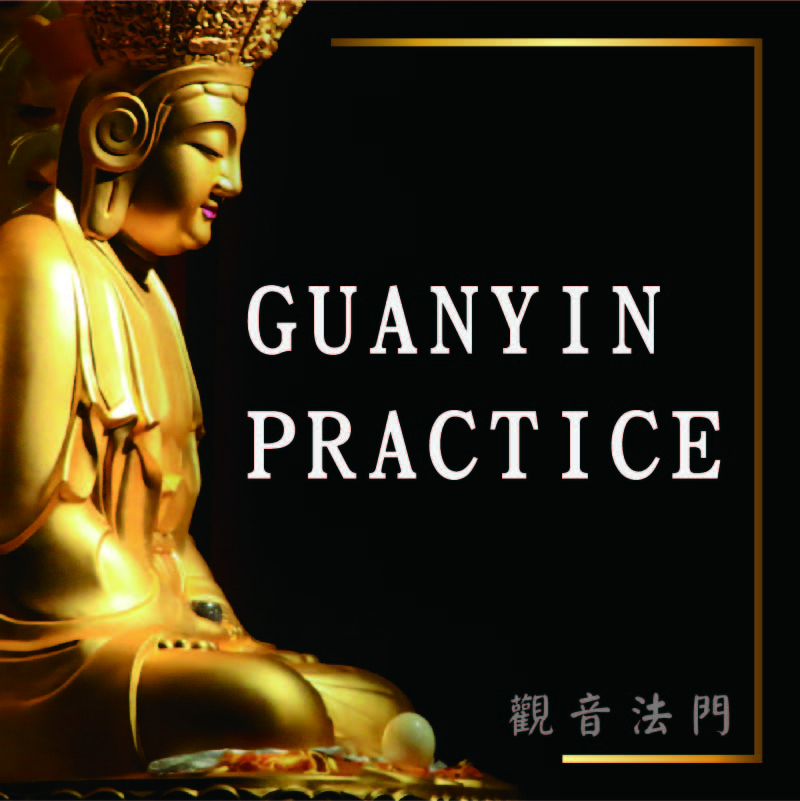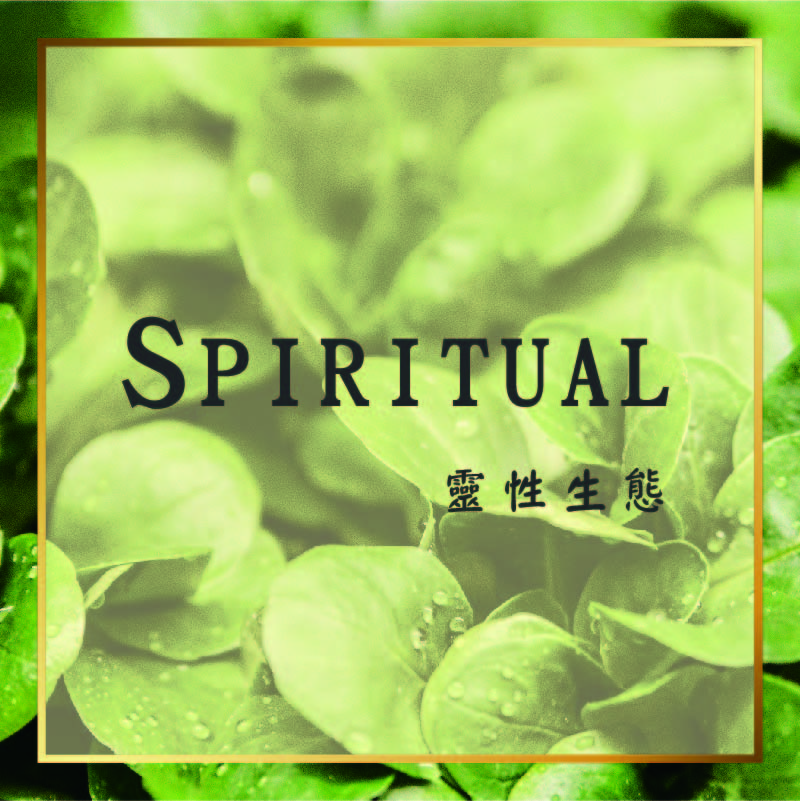
Opening the Window of Emptiness
 In the course of life, we inevitably encounter many forms of conflict. Yet what truly matters is not the conflict itself, but how we handle it. The first and foremost task is to address the three poisons—greed, aversion, and ignorance. The method of working with the three poisons proceeds in three stages: elimination, transformation, and the cultivation of compassion. The first is to eradicate greed, aversion, and ignorance; the second is to dissolve and transform them; the third not only eliminates them but also gives rise to compassion. We can reflect in this way: when greed arises, if we can restrain it, it may be transformed into a calm and neutral mindset. When aversion arises, can we immediately transform it into compassion? The practice of daily life is to turn adversity into virtue. Only through refinement of character, inclusiveness, and transformation can the negative be transformed into the positive.
In the course of life, we inevitably encounter many forms of conflict. Yet what truly matters is not the conflict itself, but how we handle it. The first and foremost task is to address the three poisons—greed, aversion, and ignorance. The method of working with the three poisons proceeds in three stages: elimination, transformation, and the cultivation of compassion. The first is to eradicate greed, aversion, and ignorance; the second is to dissolve and transform them; the third not only eliminates them but also gives rise to compassion. We can reflect in this way: when greed arises, if we can restrain it, it may be transformed into a calm and neutral mindset. When aversion arises, can we immediately transform it into compassion? The practice of daily life is to turn adversity into virtue. Only through refinement of character, inclusiveness, and transformation can the negative be transformed into the positive.
 What is the greatest gift bestowed upon us? It is affliction itself. For it is precisely through afflictions that wisdom arises. If, when encountering affliction, one thinks: “I have no connection with this Dharma center or with the teacher; it is better that I return home,” such a response does not resolve the problem. Returning home, one’s afflictions remain unresolved. Staying at the Dharma center, however, the teacher can provide guidance; one has opportunities to study more, to learn how to transform afflictions, overcome obstacles, and transcend limitations. If our capacity is narrow, how can we embrace others, let alone all sentient beings? Thus we must rely upon the Dharma, which enables us to become more inclusive and magnanimous. When afflictions arise, we should seek an opening and “open the window of emptiness.” Then, naturally, afflictions will fly away. In daily life, to be able to move forward freely, we need to have many windows and doors to exercise the understanding of emptiness, in order to work through afflictions. If we do not understand emptiness, we cannot unionize with it, nor can we master its meaning. Just as one who wishes to govern a nation must first understand that nation, otherwise it is impossible to lead it.
What is the greatest gift bestowed upon us? It is affliction itself. For it is precisely through afflictions that wisdom arises. If, when encountering affliction, one thinks: “I have no connection with this Dharma center or with the teacher; it is better that I return home,” such a response does not resolve the problem. Returning home, one’s afflictions remain unresolved. Staying at the Dharma center, however, the teacher can provide guidance; one has opportunities to study more, to learn how to transform afflictions, overcome obstacles, and transcend limitations. If our capacity is narrow, how can we embrace others, let alone all sentient beings? Thus we must rely upon the Dharma, which enables us to become more inclusive and magnanimous. When afflictions arise, we should seek an opening and “open the window of emptiness.” Then, naturally, afflictions will fly away. In daily life, to be able to move forward freely, we need to have many windows and doors to exercise the understanding of emptiness, in order to work through afflictions. If we do not understand emptiness, we cannot unionize with it, nor can we master its meaning. Just as one who wishes to govern a nation must first understand that nation, otherwise it is impossible to lead it.
 The essence of practice lies in the Dharma teaching on emptiness. To enter into emptiness is to cultivate the vast mind of emptiness, thereby embracing both emptiness in the ultimate sense and existence in the relative sense. We should not spend our days in a state of unconscientiousness, entangled with ignorance, shifting blame onto others, and failing to examine ourselves. In fact, when I assign tasks, it is with the intention that disciples may grow. Through growth, one comes to appreciate ever more deeply the wondrous efficacy of the Dharma, becoming unconstrained, and ultimately attaining realization of emptiness as a noble being.
The essence of practice lies in the Dharma teaching on emptiness. To enter into emptiness is to cultivate the vast mind of emptiness, thereby embracing both emptiness in the ultimate sense and existence in the relative sense. We should not spend our days in a state of unconscientiousness, entangled with ignorance, shifting blame onto others, and failing to examine ourselves. In fact, when I assign tasks, it is with the intention that disciples may grow. Through growth, one comes to appreciate ever more deeply the wondrous efficacy of the Dharma, becoming unconstrained, and ultimately attaining realization of emptiness as a noble being.
The stirring of wind through the grass is a natural phenomenon. Since grass has roots, no matter how fiercely the wind blows, though the grass sways, its essence as grass does not change. Likewise, our minds naturally generate afflictions and ignorance. If we allow them to pass naturally, there is no need to feel troubled—just as after the wind has passed, grass remains grass. The Dharma teaching I deliver is one that requires steady practice and gradual fulfillment in daily life. When exercised consistently and mastered, it will naturally flow forth in one’s conduct, bearing positive result without the need for extensive explanation. Thus, if afflictions arise in the midst of work, as long as one properly applies the methods I have introduced, one will assuredly dispel the maras of affliction in a natural and effortless way.













